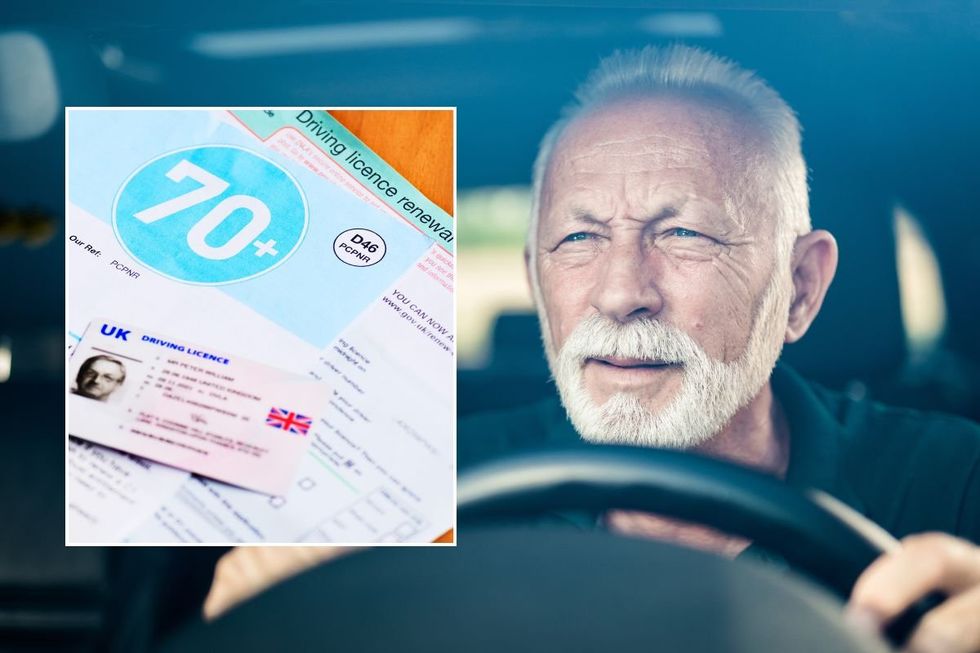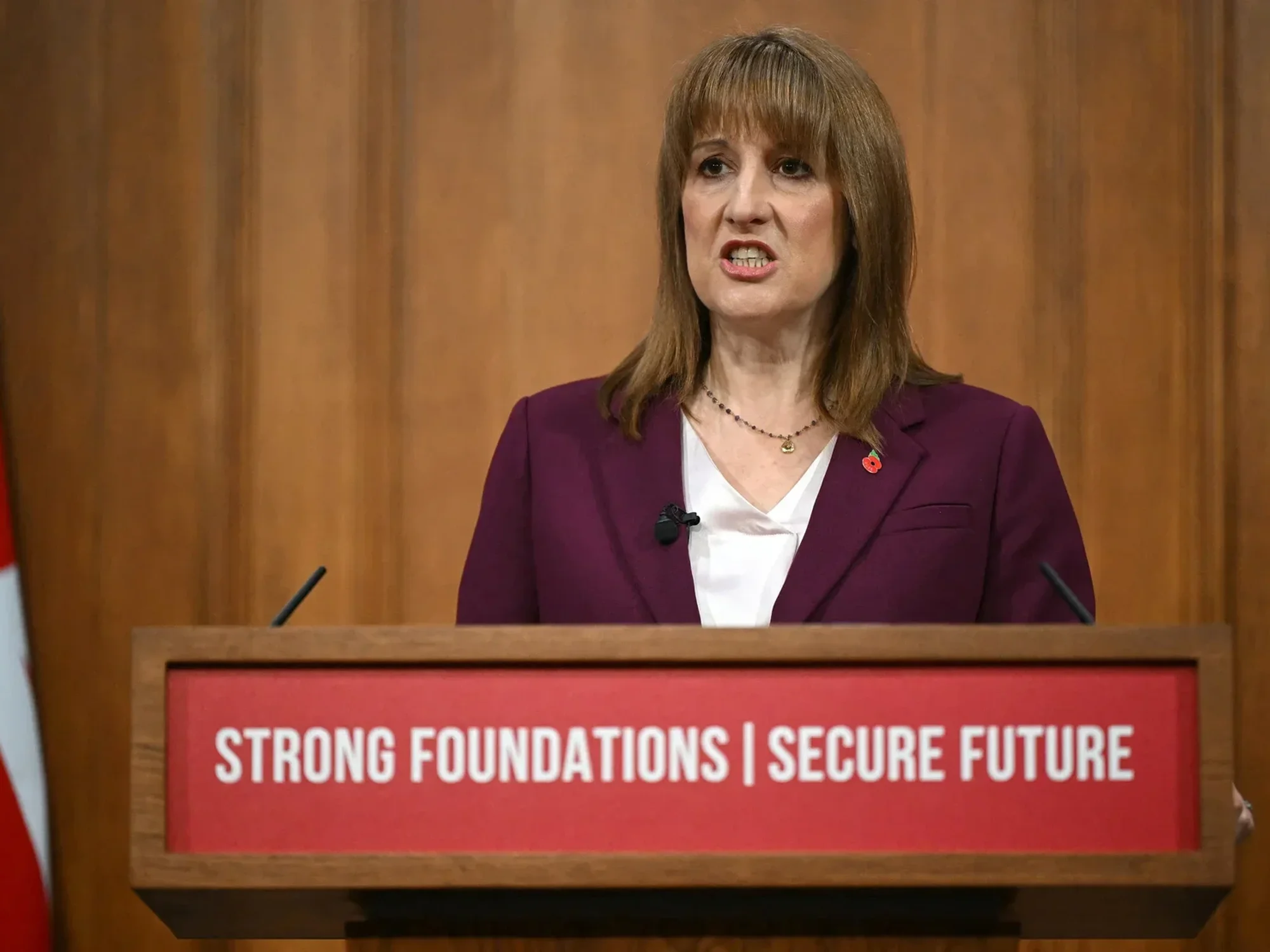CARS POLL: Should elderly motorists face mandatory eye tests to keep their driving licence?

Experts are calling on drivers to ensure their vision is up to scratch as the winter months set in
Don't Miss
Most Read
With the darker months approaching, drivers could face serious difficulties when travelling with bright headlights dazzling other road users, prompting renewed calls for motorists to face mandatory eye tests.
Labour is planning to introduce the new Road Safety Strategy in the coming months, which is expected to include proposals for mandatory eye tests for elderly motorists.
At present, there are no requirements for motorists to pass an eye test once they reach a certain age, although this could soon change.
Experts from GEM Motoring Assist are calling on all drivers to ensure they are safe to be on the road, or they may pose a risk to other motorists, cyclists and pedestrians.
TRENDING
Stories
Videos
Your Say
Data shows that up to 3,000 casualties are linked to poor driver vision every year, while the risk of a collision rises by 20 per cent on dark, wet evenings.
Similar research from the Association of Optometrists found that one in seven people reported knowing someone close to them who breaks eyesight laws.
The AOP advises motorists to get their vision checked regularly to ensure they are safe to stay on the road, with the organisation also backing calls for this to be made mandatory.
James Luckhurst, head of road safety at GEM Motoring Assist, noted that drivers should book an eye test if they have not had one recently, especially when the simple task can reduce road risks.

People have called for motorists to face eye tests to ensure they are safe to be on the road
|GETTY
He said: "Vision loss can creep up gradually, and many people don’t realise how much their sight has deteriorated. Regular eye checks should be as routine as an MOT for your car."
Drivers should be able to read a number plate from 20 metres away and meet the minimum eyesight standard for driving by having a visual acuity of at least decimal 0.5 (6/12) measured on the Snellen scale.
The DVLA must be informed if a motorist has any problems with their eyesight that impacts their driving, although this doesn't include being short-sighted, long-sighted, or colour blind.
If someone fails to inform the DVLA about a medical condition that impacts their ability behind the wheel, they could be slapped with a fine of up to £1,000.
LATEST DEVELOPMENTS:
- Drivers slapped with 500,000 fines from London tolls as Sadiq Khan accused of launching 'war on motorists'
- Rachel Reeves risks 5,000 job losses and drop in car sales with 'incomprehensible' Budget decision
- Chinese brand Geely launches in UK with 'strong ambitions' including rival to Labour's Electric Car Grant
A Department for Transport spokesperson told GB News that the Government was committed to improving road safety.
They added: "Every death on our roads is a tragedy, and our thoughts remain with the families of everyone who has lost a loved one in this way.
"The NHS recommends adults should have their eyes tested every two years and drivers are legally required to inform the DVLA if they have a condition which affects their eyesight."











